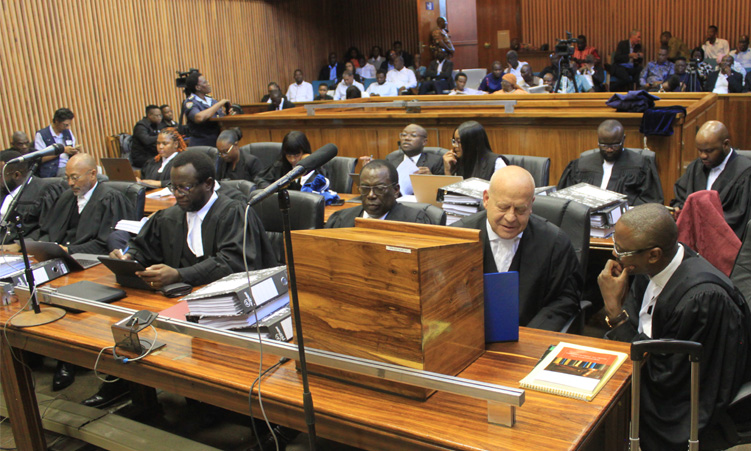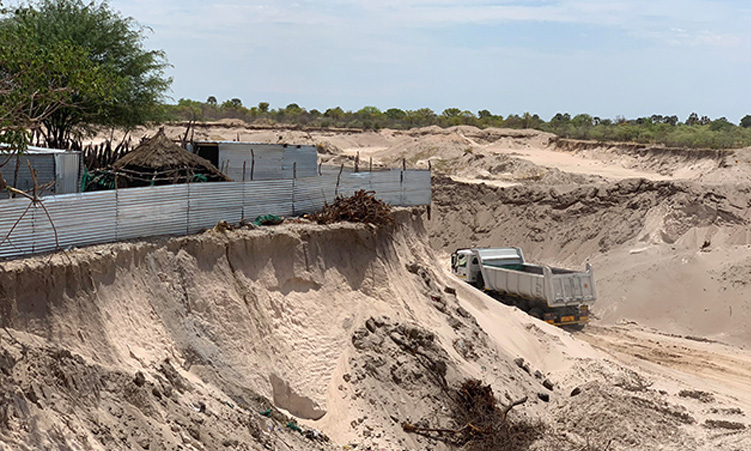WORLD leaders agreed on a regulatory blueprint for reining in the excess that fed the worst financial crisis in six decades and pledged US$1 trillion (N$9,5 trillion) in emergency aid to cushion the economic fallout.
Group of 20 (G20) policy makers called for stricter limits on hedge funds, executive pay, credit rating firms and risk taking by banks. They boosted the resources of the International Monetary Fund (IMF) and offered cash to revive trade to help governments weather economic and social turmoil.They dodged the question of whether to deliver more stimulus in their own economies.The G20 statement amounts to a transatlantic compromise and an effort to rewrite the rules of capitalism to address an integrated world economy that has outgrown the ability of individual governments to keep it in check. The leaders met as mounting unemployment demands a response even as stocks rise amid signs the global economy may be stabilising.’We have reached a new consensus that we take global actions together to deal with the problems we face,’ said UK Prime Minister Gordon Brown.The G20, which oversees 85 per cent of the world economy, devised a global model for how finance should be regulated everywhere in a bid to prevent a repeat of the market turbulence that has roiled the world for almost two years.While countries will keep control of their own markets and firms, the G20 established a new Financial Stability Board to work with the IMF to warn early of emerging risks.Individual regulatory systems would be revamped to better monitor threats to the whole financial system, the leaders said. Once recovery was in place, work would begin on new rules aimed at avoiding excessive leverage and forcing banks to put more money aside during good times.Hedge funds that were systemically important would have greater oversight, as would all key financial instruments, the G20 said. Principles would be introduced on pay to create sustainable compensation schemes and action taken against tax havens that did not provide more information. -Bloomberg
Stay informed with The Namibian – your source for credible journalism. Get in-depth reporting and opinions for
only N$85 a month. Invest in journalism, invest in democracy –
Subscribe Now!









